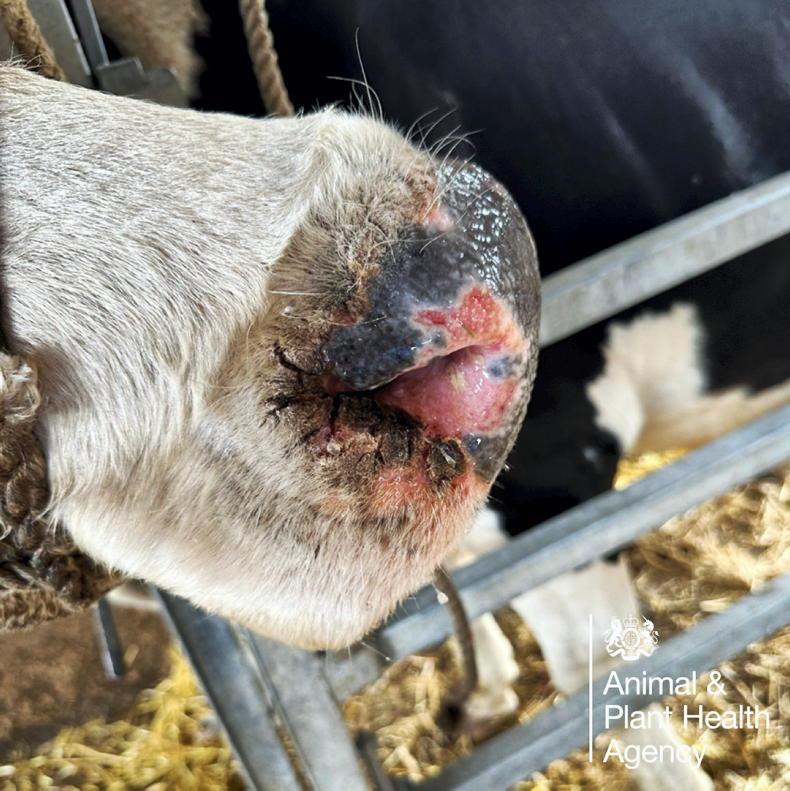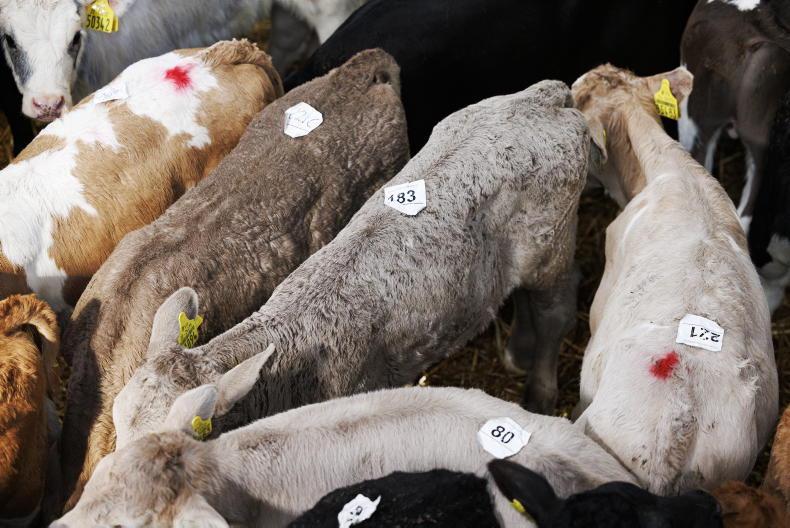Improving soil biological health is the key for a productive soil, outlined Teagasc experts at the Farming for Soil Health event at Johnstown Castle on 16 March.
There are a lot of benefits to maintaining good soil biological health, including improved nutrient uptake by plants.
Soil microbes including mycorrhizae have an important role to play in nutrient, vitamin and plant hormone provision.
Other key benefits outlined included protection of the crop from pests and diseases, carbon storage, improved food quality and reduced environmental losses of nutrients.
So how can farmers improve their soil biological health?
Physical damage
Firstly, it is advised to avoid physical damage of the soil through compaction. Compaction results in poor root growth, which in turn reduces crop yield through poor water and nutrient uptake.
To check the soil for damage by compaction, farmers need to dig down and examine the aggregates.
Crumbly soil aggregates mean there is no damage by compaction. Machinery traffic is the biggest culprit here, and prevention is better than cure.
Diversification
Next, experts recommended the diversification of crops as a mechanism to improve the biological health of soil as well as the addition of organic matter.
Organic matter is the foundation for a healthy and productive soil, and is very important for soil structure as it holds soil mineral matter together.
Soils with good levels of organic matter provide a good habitat for microbes and other living organisms, which enhances soil biodiversity.
Diversifying crops will mean different rooting depths, which is the most efficient way to break compaction.
Balanced pH
Finally, maintaining a balanced pH is key. The resulting increase in the microbiological activity of the soil results in better nutrient cycling and release and will ensure farmers get the best use of their fertiliser.










SHARING OPTIONS